Outer Space & Universe
Outer Space & Universe
Space, also known as outer space, is the near-vacuum between celestial bodies. It is where everything (all of the planets, stars, galaxies and other objects) is found.
On Earth, space begins at the Kármán line (100 km above sea level). This is where Earth's atmosphere is said to stop and outer space begins. This is not a firm boundary but is a convention used by scientists and diplomats.
Items in space are free to move back and forth; up and down; and left and right. These three dimensions are what make 3D space. Items also move forward through time, which is sometimes called the fourth dimension.
The majority of space contains very little matter and so most of it is a vacuum. Scientists do not know how big space is but we do know that space is extremely big, and is always expanding.
According to the big bang theory, all matter and energy in the Universe was compressed into a very small space. Then it exploded and started expanding. Space is still growing in size today; this means the distance from one galaxy to distant galaxies is getting longer.
Gravity is the force that keeps the Moon in orbit around the Earth and the planets in orbit around the Sun. Gravity can stretch and bend space similar to how a heavy ball placed on a stretched sheet of rubber will cause the rubber to stretch. The scientist who discovered that space can bend is named Albert Einstein. How gravity bends space is part of his theory of general relativity.
Astronauts, Cosmonauts, Taikonauts and Spationauts
An astronaut is any person who is trained by NASA to travel and perform tasks in space. Although the space traveler may not necessarily be a United States citizen, each astronaut does go through a rigorous training regiment by the National Aeronautics and Space Administration. Other space travelers go by other names then astronaut depending on their country of origin.
In the United States, astronaut is derived from the Greek words ástron (star) and nautis (sailor). While, in Russia, a space traveler goes by the name космонавт (English: cosmonaut), which is derived from the Greek words kosmos (universe) and nautis (sailor). Westerners call a space traveler from China a taikonaut, based on the 1998 writings of Chiew Lee Yik and Chen Lan where the term tàikōng (great emptiness), Chinese for “space”. In China, the term yuháng yuán (universe navigator) is used for space traveler.
Only the United States of America (United States), Russia (earlier, the Union of Soviet Socialist Republics), and the People’s Republic of China (China) have sent manned spacecraft into space. Other countries have assisted these countries by sending their own space travelers on space missions. For instance, a French space traveler is called a spationaut (from the French word spationaute), which is derived from the Latin spatium (space) and Greek nautis (sailor). (plural in Greek nautes = sailors)
-
01:24
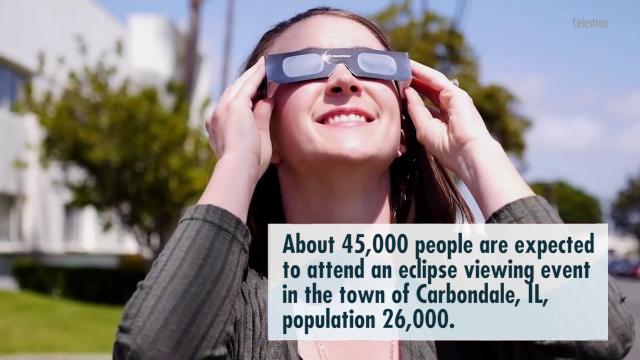
Why is a Total Solar Eclipse Such a Big Deal?
Added 708 Views / 0 LikesWhy is a Total Solar Eclipse Such a Big Deal?
-
06:08
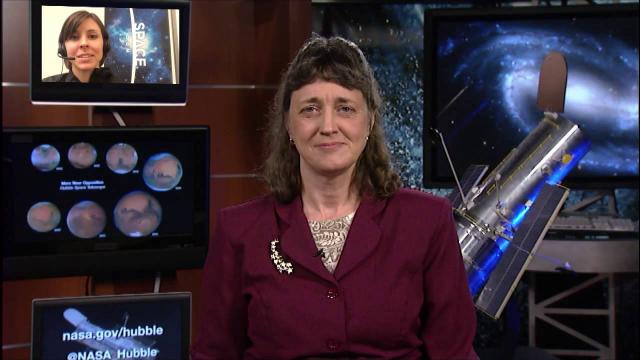
Why Is Hubble Taking Pictures Of Mars? - Exclusive Interview | Video
Added 602 Views / 0 LikesWhy Is Hubble Taking Pictures Of Mars? - Exclusive Interview | Video
-
01:58
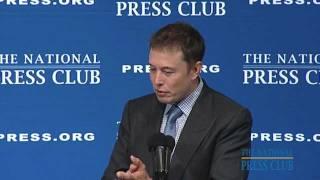
Why Is Making A Reusable Rocket So Difficult? Elon Musk
Added 575 Views / 0 LikesVisit: http://www.spacex.com/ for more information on SpaceX, Dragon, Falcon 9, Falcon Heavy, reusable rockets, grasshopper, Mars, upcoming rocket launch, or Elon Musk. SpaceX CEO & Chief Designer Elon Musk discusses the difficulty of making a reusable ro
-
04:30
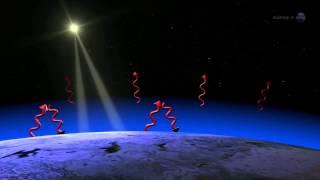
Why Is Mars A Desert Wasteland? NASA MAVEN Mission Will Investigate | Video
Added 846 Views / 0 LikesSet to launch on Nov 18th, 2013, the orbiter seek to rewind the planet's geologic history back to the wet, warm epoch that might have spawned life. MAVEN's instruments may help scientists understand why the planet lost much of its atmosphere.
-
09:59
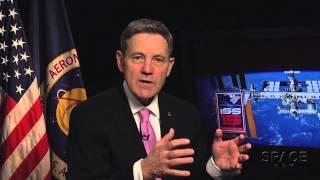
Why Is Space Station Important? NASA's Bob Cabana Explains | Video
Added 772 Views / 0 LikesThe Kennedy Space Center's Director (and former astronaut) shares his memories of building the International Space Station with SPACE.com's @MiriKramer and talks about its accomplishments.
-
02:49
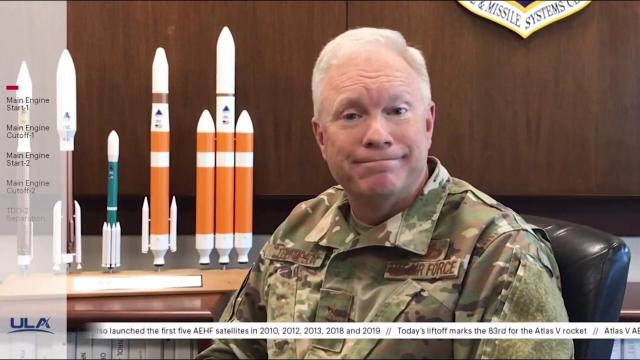
Why is the US Space Force launching a rocket during the COVID-19 outbreak?
Added 479 Views / 0 LikesUS Space and Missile Systems Center Commander Lt. Gen. John F. Thompson talks about the importance of launching the AEHF-6 military communications satellite for the United States Space Force, even during a pandemic. -- US launches advanced satellite in 1s
-
01:43
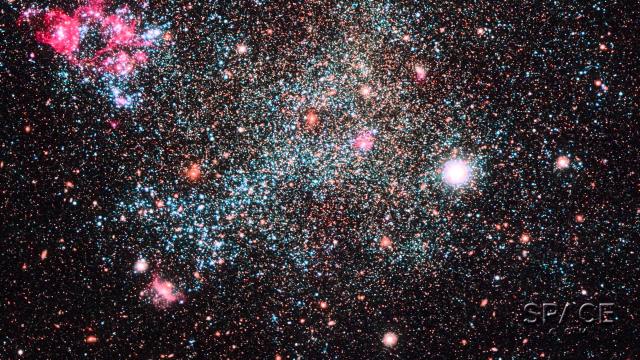
Why Is This Dwarf Galaxy So Clean Of Cosmic Soot? | Video
Added 703 Views / 0 LikesWhy Is This Dwarf Galaxy So Clean Of Cosmic Soot? | Video
-
10:18
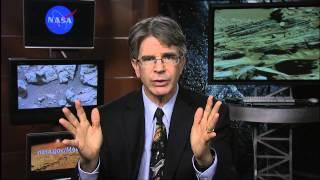
Why Keep Sending Probes To Mars? NASA GSFC Chief Scientist Explains | Video
Added 843 Views / 0 LikesSPACE.com's @MiriKramer speaks with Dr. James Garvin about key unsolved questions and how NASA's MAVEN will search the Martian atmosphere for answers.
-
02:37
![Why Kill Cassini? Saturn Probe Will Die To Protect Moons [film clip]](https://www.ufo-secret.com/uploads/thumbs/fa410356d-1.jpg)
Why Kill Cassini? Saturn Probe Will Die To Protect Moons [film clip]
Added 674 Views / 0 LikesWhy Kill Cassini? Saturn Probe Will Die To Protect Moons [film clip]
-
01:36
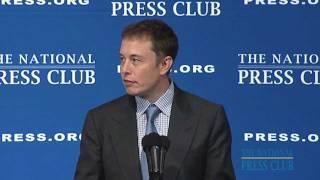
Why Make Rockets Reusable?
Added 568 Views / 0 LikesVisit: http://www.spacex.com/ for more information on SpaceX, Dragon, Falcon 9, Falcon Heavy, reusable rockets, grasshopper, Mars, upcoming rocket launch, or Elon Musk. SpaceX CEO & Chief Designer Elon Musk discusses the importance of making rockets reusa
-
08:32
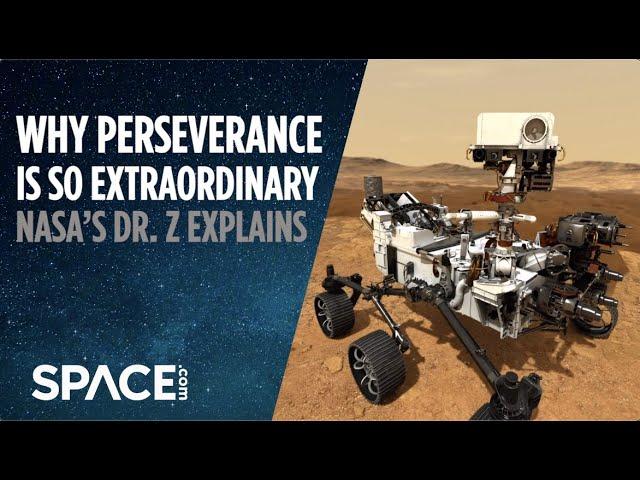
Why Perseverance is so extraordinary - NASA's Dr. Z Explains (Exclusive Interview)
Added 355 Views / 0 LikesNASA's Associate Administrator for the Science Mission Directorate Dr. Thomas Zurbuchen talks to Space.com's Chelsea Gohd about the Mars Perseverance rover in this exclusive interview. Credit: Space.com / produced & edited by [Steve Spaleta](http://www.tw
-
04:58

Why President Trump & the Americas cannot build "The Wall".
Added 670 Views / 0 LikesWhy President Trump & the Americas cannot build "The Wall".
-
06:08
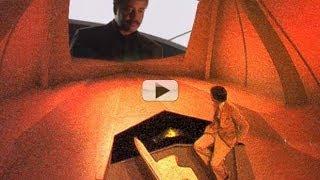
Why Reboot COSMOS? Neil deGrasse Tyson and Ann Druyan Have Good Reason | Exclusive Video
Added 793 Views / 0 LikesScience is under siege, despite society's deep dependence on its byproducts. 'COSMOS -- A Spacetime Odyssey's presenter and co-writer explain how they're fighting back, using cinematic arts, to SPACE.com's @DavidSkyBrody at New York Comic Con 2013.
-
00:48
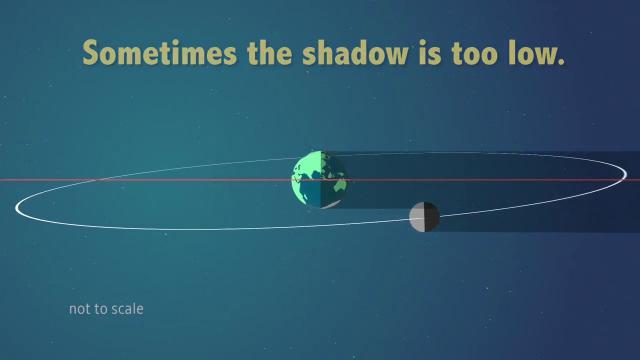
Why Solar Eclipses Don’t Happen Every Month - Orbit Animation Explains
Added 632 Views / 0 LikesWhy Solar Eclipses Don’t Happen Every Month - Orbit Animation Explains
-
01:09

Why SpaceX Didn't Stick The Landing – But Soon Will | Video
Added 720 Views / 0 LikesWhy SpaceX Didn't Stick The Landing – But Soon Will | Video
-
01:41
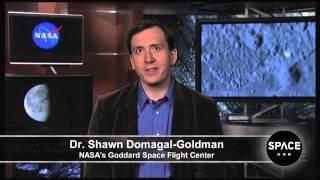
Why The Moon Is Red During A Total Lunar Eclipse | Video
Added 852 Views / 0 LikesNASA planetary scientist Dr.Shawn Domagal-Goldman explains why this phenomenon occurs and also why Earth will experience a tetrad or 4 lunar eclipses in nearly 18 months. Total Lunar Eclipse Skywatching Guide: http://goo.gl/TjZIzU
-
07:25
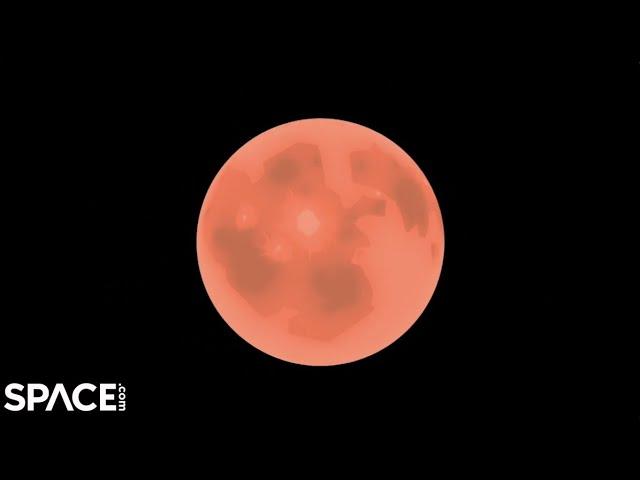
Why the moon turns red during an eclipse & how it looks from lunar orbit?
Added 274 Views / 0 LikesErnie Wright, a science visualizer at NASA, explains why the moon turns red during a lunar eclipse. Wright also explains how the eclipse would look from the moon in this interview with Space.com's Chelsea Gohd.Credit: Space.com | Animation: NASA/GSFC / Fo
-
04:06
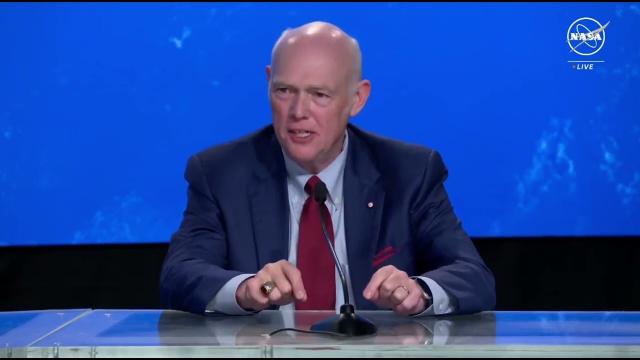
Why was Boeing Starliner's first crew launch attempt scrubbed? Tory Bruno explains
Added 102 Views / 0 LikesUnited Launch Alliance president and CEO Tory Bruno explains what caused the scrub of Boeing Starliner's first crewed launch attempt on May 6, 2024. Credit: NASA
-
07:41
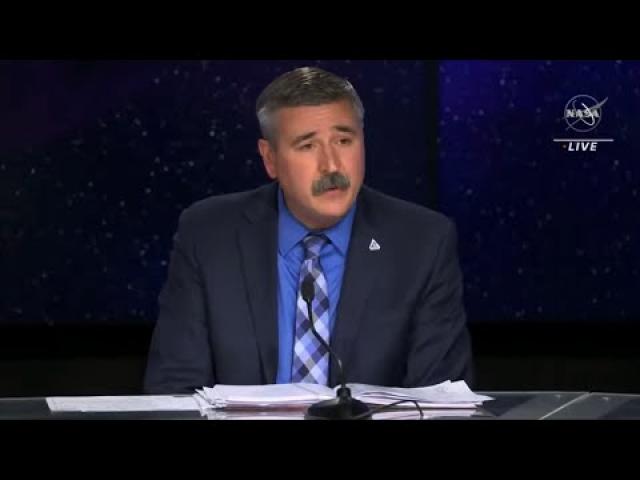
Why was the Artemis 1 launch attempt scrubbed? NASA explains at press conference
Added 206 Views / 0 LikesNASA's Space Launch System rocket encountered a pair of issues that led to the scrub of the first launch attempt of the Artemis 1 mission on Aug. 29, 2022. Artemis 1 mission manager Mike Sarafin explains. Full Story: https://www.space.com/artemis-1-moon-r

